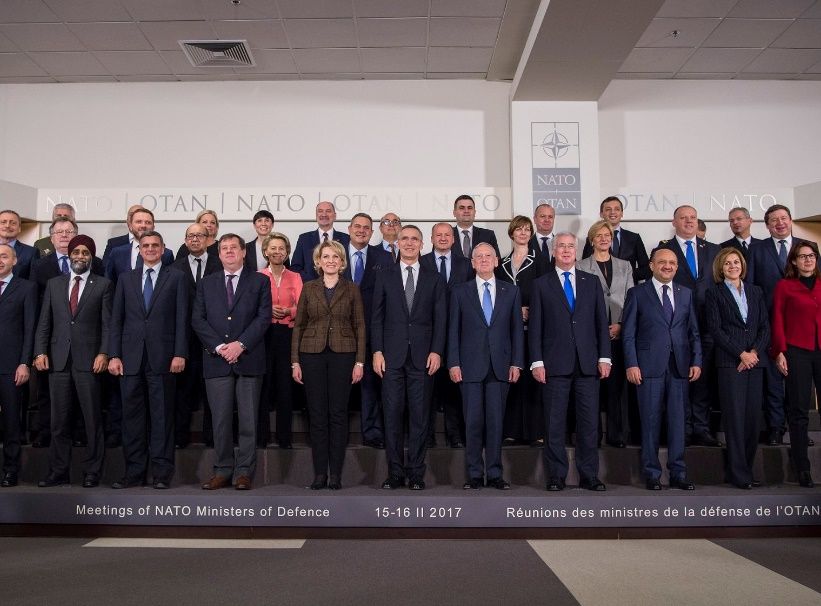The Cold War rhetoric is reaching new heights for Denmark with the government announcing plans to look into whether Danish Defence would be able to withstand a Russian missile attack.
The government has attracted support from central opposition party Socialdemokratiet, which contends that Russia’s military build-up along its borders with the EU is concerning.
“We can see that Russia has built up considerably in Kaliningrad, which is not too far from us, with missiles capable of a long range and carrying nuclear warheads,” Henrik Dam Kristensen, the spokesperson for defence issues at Socialdemokratiet, told DR Nyheder.
“So I want to know whether Danish Defence has the capacity to tackle that threat. If not, then I would really like to discuss how we can ensure the capacity is present. If it ultimately means spending more money, then we are prepared to look into that as well.”
Kristensen emphasised that the missile defence system could also be established in co-operation with NATO.
READ MORE: Danish defence minister warns that Russia is poised to attack
Mattis one ‘Mad Dog’
The defence minister, Claus Hjort Frederiksen, is currently in Brussels for a NATO meeting focusing on the threat posed by Russia to Europe and the Baltic region.
Frederiksen said that one possibility was installing a radar and rocket system on one of the Danish Navy ships.
However, whatever a future plan may look like, it will most likely need to be comprehensive, because according to Major Karsten Marrup, the head of the Centre for Air Operations at the Defence Academy, neither Denmark nor NATO have the ability to respond to a Russian missile attack.
The news comes just hours after the new US secretary of defence, James Mattis, demanded that the rest of the NATO members should invest more into their joint defence or the US would moderate its NATO duties.
It was agreed in 2014 that all NATO nations would spend 2 percent of their Gross Domestic Product (GDP) on their defence by 2024, but so far only the US, Greece, the UK, Poland and Estonia have lived up to those demands. Last year, Denmark spent 1.17 percent of its GDP on defence.
“Americans cannot care more for your children’s future security than you do,” Mattis said at the NATO defence ministerial meeting in Brussels.
“Disregard for military readiness demonstrates a lack of respect for ourselves, for the alliance, and for the freedoms we inherited, which are now clearly threatened.”















